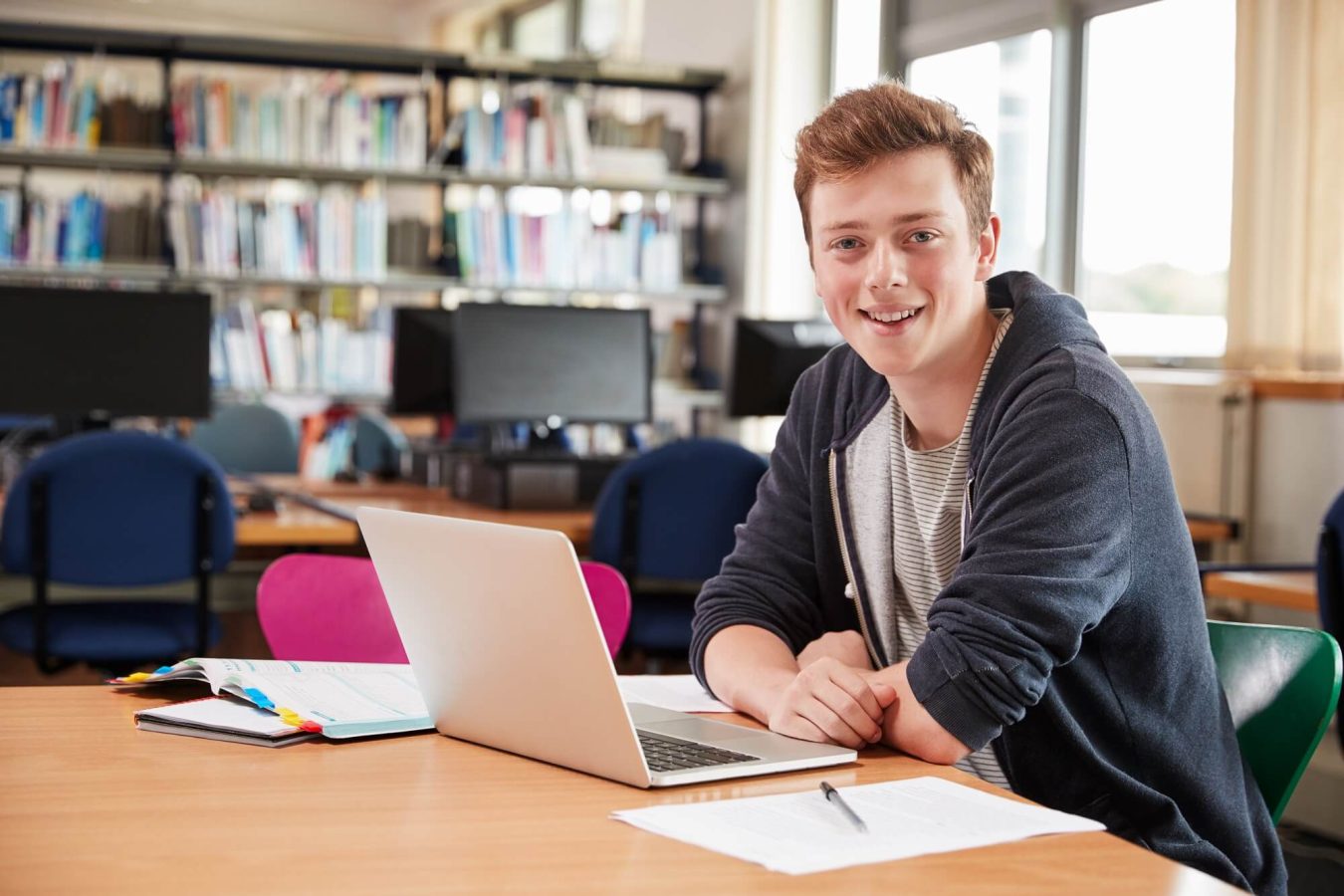
Is your teenager in a winter slump? Study routines ditched? Leading clinical psychologist and author Andrew Fuller offers some practical advice on firing up their self-belief.
This is the time of the year when motivation often slumps. Weight loss campaigns falter, exercise regimes are neglected and for some students, study routines are ditched.
At this time we look around for that magic ingredient: ‘MOTIVATION’. If only it came in a bottle or in a tablet, or in the form of a suitably inspiring pep talk.
We need to treat the cause of loss of motivation. Loss of motivation stems from a loss of belief in yourself, that you can be successful. What causes that loss of self-belief is anxiety. One way to manage anxiety is to avoid – weight loss campaigns, exercise regimes and study routines.
Avoidance looks a lot like putting your head in the sand, playing computer games endlessly, languishing on the couch, continually checking social media messages, yawning and looking bored. Of course, it is not always so calm. Avoidance can be interspersed with times of high drama when young people argue, rant, rave and panic.
We have two tasks to reignite motivation:
- Help young people to believe in themselves again
- Reduce avoidance and anxiety.
Reigniting Self-Belief
Okay, you’ve delivered the pep talk, threatened to restrict all their privileges, pleaded with them, cajoled them, told them they can leave school if they wish and earn a measly pay rate working long, hard hours and they are still looking listless. They are not listening to you. What do you do?
Identify their Learning Strengths
To reignite self belief, we need to have our kids know that they can be smart and capable. One easy way to do this is to visit the My Learning Strengths website and analyse their learning strengths. If they won’t do it for themselves, do it for them on their behalf. You will get a free letter from me that identifies their two top learning strengths, as well as an area they are still developing and strategies they can use to do this.
Receiving a letter in the form of a learning strengths analysis report from someone who is neither their parent nor a teacher can help them to consider options more deeply.
You can use the letter to have discussions about what they think they should be focusing on and what may be blocking them.
Develop a Personalised Learning Plan
If the letter has been helpful, you might also consider getting a full analysis of learning strengths as well as potential career paths that relate to their strengths. This is available from the same website for a small (introductory) fee.
The full report outlines a Personalised Learning Plan that can be used as a basis for discussions about strengths to utilise and areas to develop.
Remember success is contagious – if you get some, you will often search for more. Learning to utilise your learning strengths increases the chances of success and thereby reignites motivation.
Lower Anxiety
Anxiety is like an infectious disease passed from one student to the next. Teenagers often give their friend’s opinions much more prominence than their parent’s advice. Trying to soothe, calm and re-inspire them with your words is like whispering a message while facing into a cyclonic gale.
Get up, Stand up
Anxiety is exhausting. However, sitting or lolling about festering over your fears doesn’t help. If you can budge them, get them up and moving. Walk with them. Play sport. Even taking them for a drive is better than nothing.
Mindfulness activities and relaxation tapes may also be powerful but when students become really anxious, being active is the best place to begin. When we are stressed our body is geared up for action, and unless we do something to rid ourselves of the built up stress hormones they stick around and de-motivate us.
My favourite research-based mental stillness app is free and you can download it – for Apple devices, and for Android devices.
Rev Up
Dopamine is the neurochemical most powerfully associated with motivation.
Dopamine is increased when we engage in rhythmical movements. Activities like basketball, dancing, hula hoops, down ball or four-square, drumming, skateboarding, surfing and playing tennis all increase dopamine.
Goals are Good, Systems are Better
It is great to have a goal to do well but if you have no system to achieve that outcome, you are unlikely to get anywhere close to where you want to be.
If you have developed a system earlier in the year, discuss returning to it. If it needs revising and updating, help them to do that. If they have been completing studies without any system at all now is a good time to introduce one.
Imagine Forwards, Plan Backwards
The best systems involve imagining forwards and planning backwards. You can apply this to almost every aspect of life.
Start by imagining forwards. What do you want to have happen in your future and when do you want it to happen by? Just specifying your answer to that question increases the likelihood you will end up somewhere close to where you want to be.
Then plan backwards. What are the steps involved in creating that outcome. Writing down small steps on post-it notes and arranging them into a logical order helps.
Copyright Andrew Fuller.
Like this post? Please share using the buttons on this page.
Subscribe to The Parents Website
About Andrew Fuller
Andrew is a clinical psychologist specialising in the wellbeing of young people and their families.
Stay in touch with Andrew on Facebook, on LinkedIn. More tips about how to maximise your success can be found at:
Andrew’s websites
www.andrewfuller.com.au
www.mylearningstrengths.com (45,000 young people in the past year discovered their learning strengths and found how to increase success and motivation).
Books for parents
Tricky Conversations
Tricky Teens and Emerging Adults: A survival guide for parents
Unlocking Your Child’s Genius: How to discover and encourage your child’s natural talents
Books for teachers
Guerilla Tactics for Teachers: The Essential Classroom Management Guide
Work Smarter, Not Harder: Study skills for students who dislike homework
Tricky Conversations: How to have less conflict and more peace in your life
Neurodevelopmental Differentiation: Optimising Brain Systems to Maximise Learning



